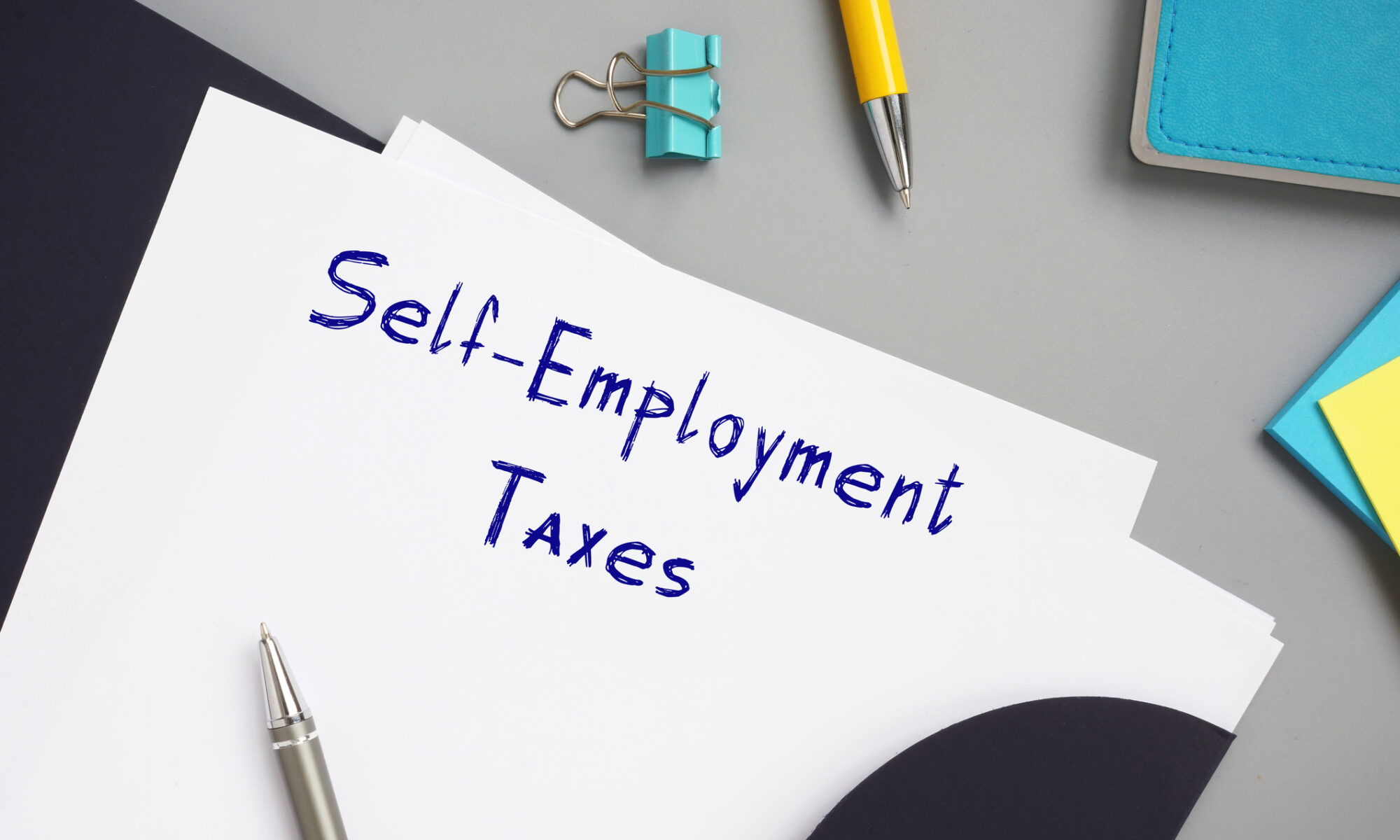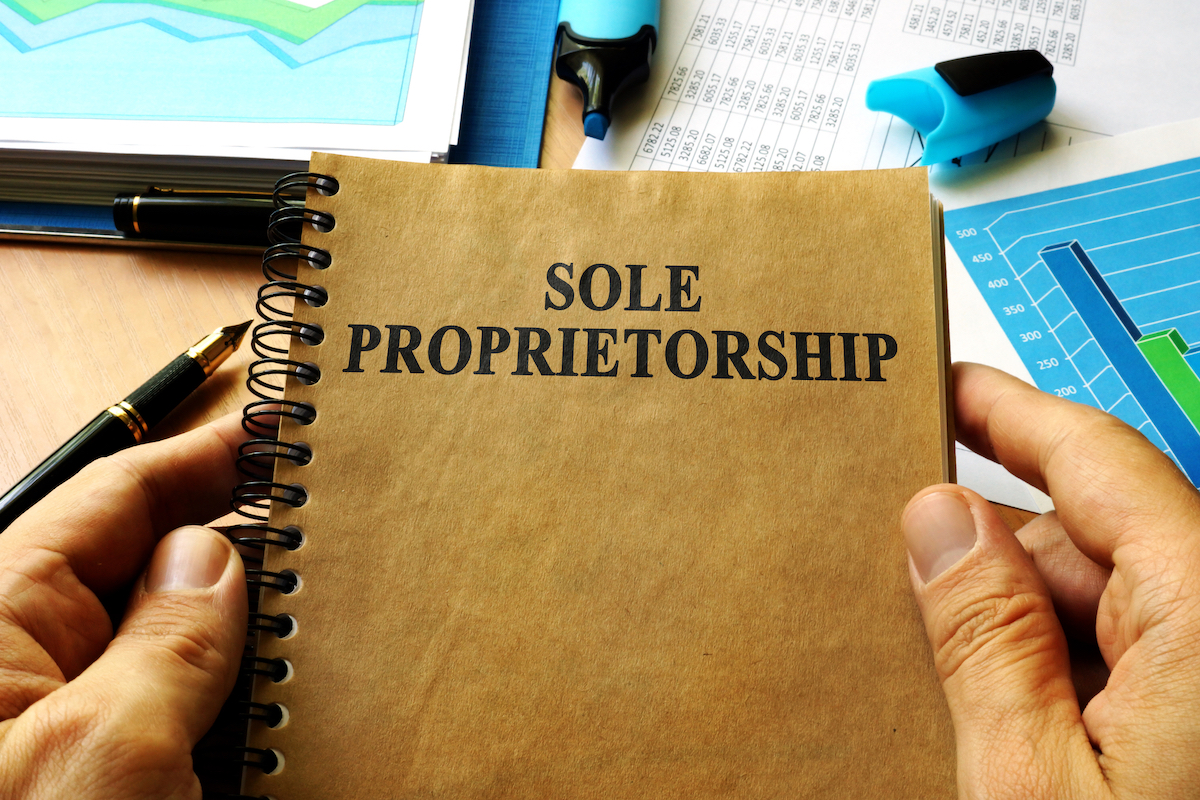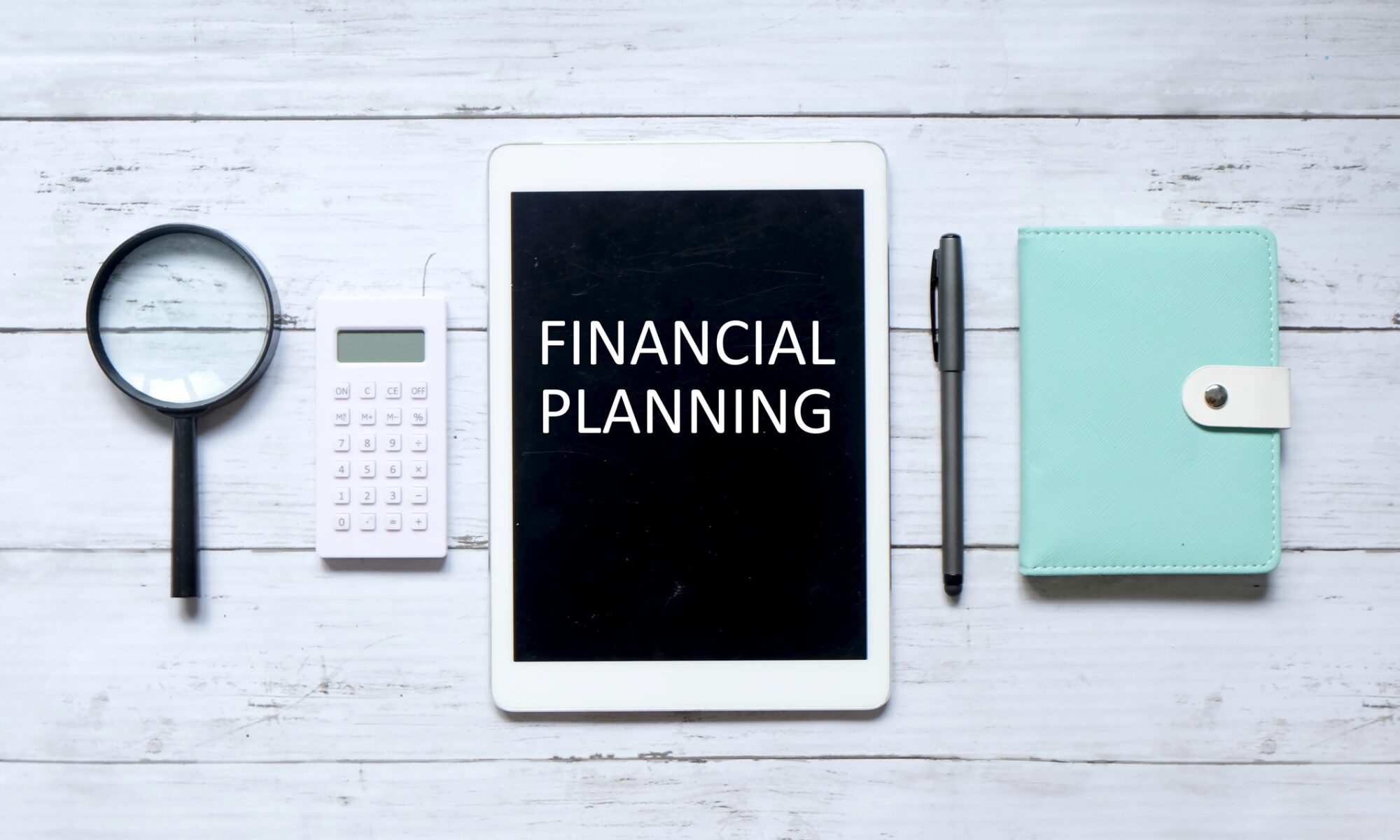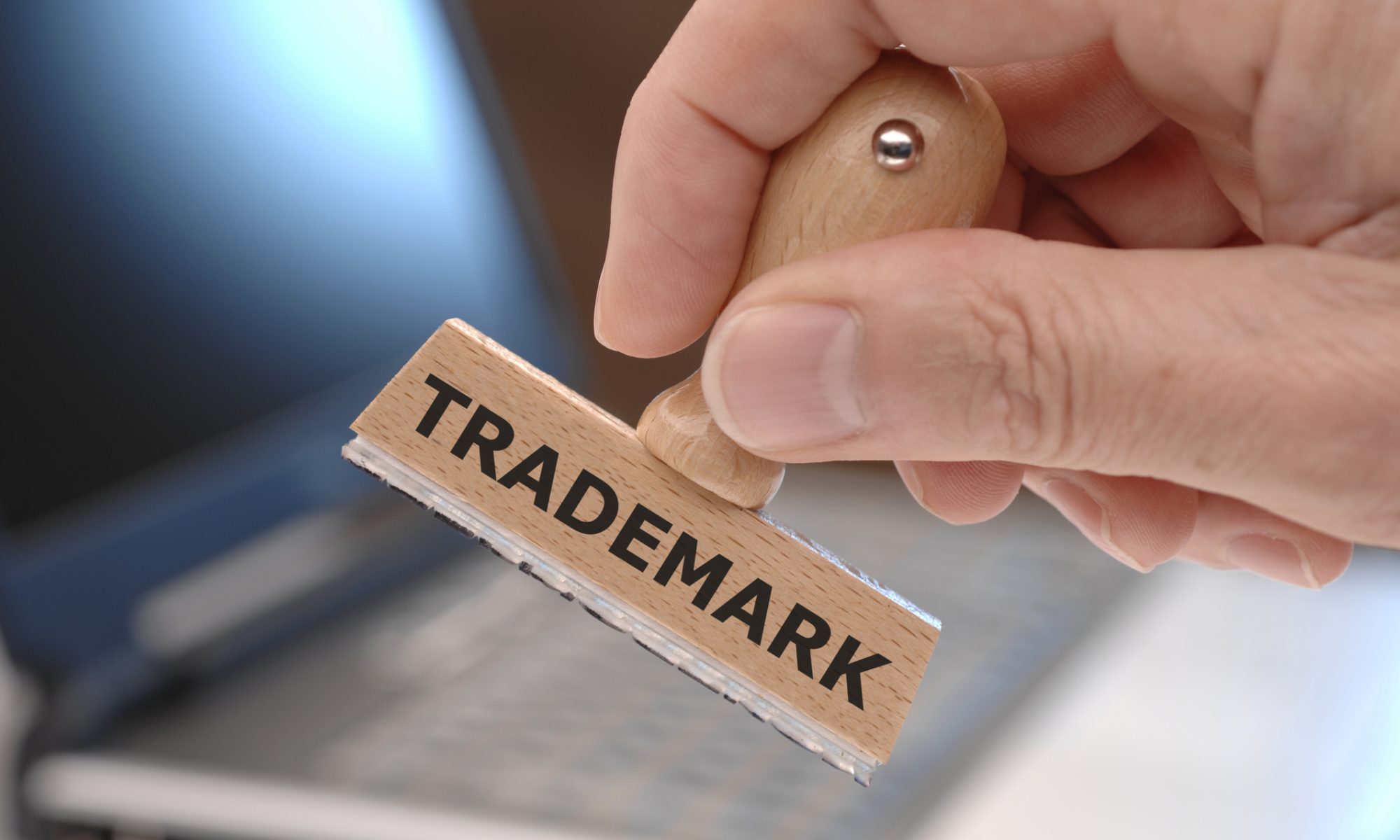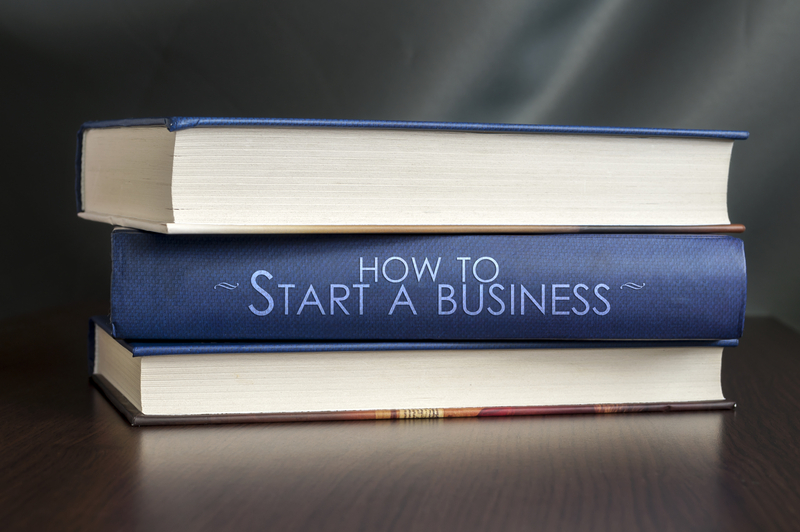Passive income can have a financial impact on a corporation’s tax burden. Strategic planning can reduce the impact of passive income on your corporation’s bottom line.
What is passive income?
Your business may generate income from many sources. Passive income is derived from the ownership of capital property/assets. It’s generally earned through rental, interest income and/or royalties and is achieved without excessive effort on the part of the stakeholder(s). Passive income is taxable in Canada.
What is considered passive income in Canada?
- Investments: Guaranteed Investment Certificates (GICs) and personal savings accounts are low-yield sources of passive income. Moderate-risk investments like dividends from shares of a corporation are also considered passive income. Passive income can be earned through investments that are part of a non-registered investment plan or portfolio.
- Rental properties: Income earned through the leasing of a rental property is considered passive income.
- Online platforms are an increasingly popular method of earning passive income. Earning money online can be done independently through one’s own website or through partnerships with affiliates.
- Corporations: Many corporations own shares in other corporations as a means to generate passive income.
How does passive income affect corporate tax in Canada?
Passive income in any amount is ineligible for the small business deduction (SBD). As such, corporations receiving any passive income will pay a high-rate corporate tax (upwards of 50%) on that portion of their pre-tax income.
Strategies to reduce the impact of passive income on corporate tax:
There are a number of ways that your corporation can reduce the impact of passive income on your corporate taxes.
- Withdrawals to permit RRSP or TFSA contributions: Consider withdrawing sufficient corporate funds to maximize your RRSP and TFSA contributions, rather than leaving the funds inside the corporation for investment. Given sufficient time, RRSP and TFSA investing will outperform corporate investing when earnings come from interest, eligible dividends, annual capital gains or a balanced portfolio.
- Tax-free withdrawals: If a shareholder previously made a loan to the corporation, and those funds are no longer required by the corporation, consider repaying the shareholder loan. Capital dividends can be paid without being included in a shareholder’s income.
- Investment strategies: Consider investments that lean towards growth rather than annual interest or dividend income, as you may better be able to time the recognition of a capital gain. Consider a “buy and hold” strategy to defer capital gains. It may also be possible to stagger dispositions of investments between calendar years.
- Individual pension plans: An Individual Pension Plan (IPP) is a pension plan created for one person, rather than a large group of employees.
- Life insurance: Invest the after-tax income of the corporation into a corporately-owned life insurance policy that insures the life of the business owner or some other individual. There is generally a lower after-tax cost of the insurance premiums, which can be paid with funds that are taxed at a lower tax rate inside the corporation than funds that are earned personally.
- Donations: Your corporation will receive a deduction for the amount of the donation and making a donation will reduce the funds that may be invested in your corporation to produce passive income.
Be sure to discuss all tax strategies with your chartered professional accountant to make sure they are appropriate for your corporation. Your accountant can advise you regarding the best tactics to reduce the impact of passive income on your corporation’s tax burden.
Need help with your passive income taxation strategies? Contact Cook and Company Chartered Professional Accountants. We are based out of Calgary, Alberta, serving clients across Canada and the United States. We provide high-quality tax, assurance, financial and succession planning services for a wide variety of privately-owned and managed companies. Contact us for a complimentary consultation.


